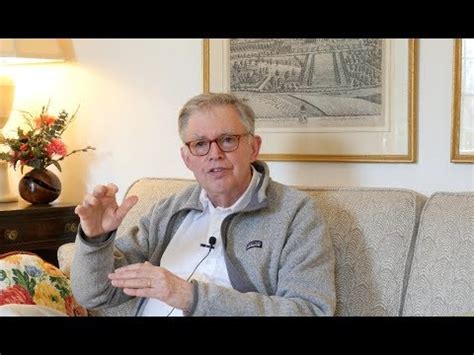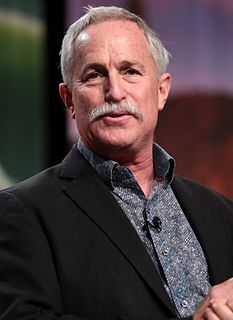A Quote by Hubert H. Humphrey
We are in danger of making our cities places where business goes on but where life, in its real sense, is lost.
Related Quotes
The way our big cities change sucks. The beauty of cities was that they were edgy, sometimes even a little dangerous. Artists, poets, and activists could come and unify and create different kinds of scenes. Not just fashion scenes, scenes that were politically active. Big cities are getting so high-end oriented, business corporate fashion, fashion not in an artistic sense but in a corporate sense. For me that edgy beauty of cities is lost, wherever you go.
If people are highly successful in their professions they lose their sense. Sight goes. They have no time to look at pictures. Sound goes. They have no time to listen to music. Speech goes. They have no time for conversation. Humanity goes. Money making becomes so important that they must work by night as well as by day. Health goes. And so competitive do they become that they will not share their work with others though they have more themselves. What then remains of a human being who has lost sight, sound, and sense of proportion? Only a cripple in a cave.
We fight for territory. We see it in our Congress, we see it in our political systems, we see it in our ways of life, how separated we are. When we moved out of the cities and we lost all of the memory that was in cities, and we - one of the highest achievements in our culture is to be able to segregate yourself from everyone else, and the deep thing is the deepest punishment is solitary confinement.
We continue to see our elected officials working extra hard to create a 'good climate for business' that leads to disinvestment in public infrastructure and tax incentives to the detriment of cities, while enriching private business and further entrenching poverty. And our cities are told by legislators to use their bootstraps to survive.
People need immediate places to refresh, reinvent themselves. Our surroundings built and natural alike, have an immediate and a continuing effect on the way we feel and act, and on our health and intelligence. These places have an impact on our sense of self, our sense of safety, the kind of work we get done, the ways we interact with other people, even our ability to function as citizens in a democracy. In short, the places where we spend our time affect the people we are and can become.
Real life this fdar had taught me that in the adult world, fate was chaotic and uncertain. Guidelines for success were arbitrary. But in the world of D&D, at least there was a rule book... By role-playing, we were in control, and our characters... wandered through places of danger, their destinies, ostensibly, within our grasp.
From a business perspective, the question related to cities and sustainability is clear and compelling: can you have a healthy company in an unhealthy city? Arguably, no. Companies need healthy cities to provide reliable infrastructure, an educated and vital workforce, a vibrant economy, and a safe and secure environment to survive and thrive. Business executives have a lot to learn from cities, and a lot to contribute, and this book shows the way, chronicling the successes and the lessons learned about what it takes to make a city healthy, in every sense of the word.
We aren't in high school. We aren't really in our families and we aren't in our houses. Those are the places we grew up and the times we spent together, but they aren't us. If think they are, then we're lost, because times end and places are lost. We aren't any place or any time . . . We are everywhere.
Where danger shews it self, apprehension cannot, without stupidity, be wanting; where danger is, sense of danger should be; and so much fear as should keep us awake, and excite our attention, industry, and vigour; but not to disturb the calm use of our reason, nor hinder the execution of what that dictates.


































